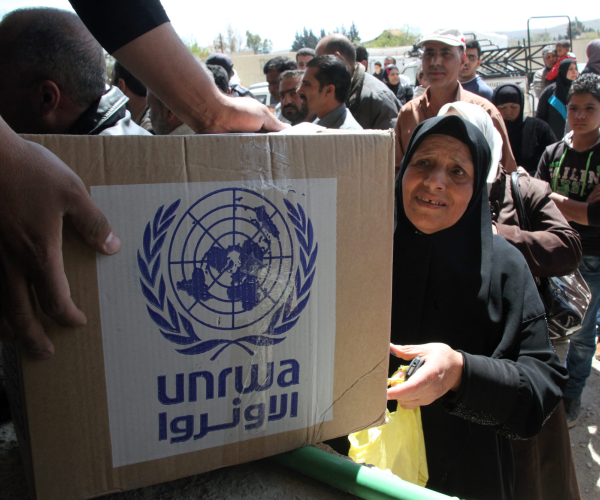As global temperatures continue to rise, the ramifications of climate change – from more frequent and severe extreme weather events to rising sea levels and ecosystem disruptions – are becoming increasingly evident around the world. But their effects are not evenly distributed, often hitting vulnerable communities the hardest.
In this episode of The Conversation Weekly podcast, we speak to Katherine Browne, a research fellow at the Stockholm Environment Institute, and Margaret Angula, a senior lecturer at the University of Namibia, about a UN pilot programme in Namibia that’s trialling a new approach to financing climate adaptation. The project aims to empower local communities by putting decision-making and funding directly into their hands, allowing them to build resilience to climate change.
Climate adaptation describes the process of adjusting to the impacts of climate change to minimise risks and take advantage of new opportunities. It is a crucial aspect of addressing the climate crisis, especially for communities that are already facing significant challenges.
One of the world’s biggest mechanisms for financing climate adaptation projects is the UN’s Green Climate Fund (GCF). However, challenges such as limited funding and unequal distribution have so far hindered the effectiveness of climate finance like this, underscoring the need for more decentralised funding models. As Browne explains:
There’s a recognition that the money the UN has been providing is not reaching the communities that need it most – so-called frontline communities.
She’s been analysing an ongoing US$200m GCF pilot programme that’s trying to combat this by involving local communities directly in the way the projects are designed and run. The objective is to ensure that resources reach the communities that are most hit, and reflect their local priorities. Namibia, one of the countries most vulnerable to rising temperatures, is among the countries to have received funding through this pilot programme.
Angula, who is working with Browne to assess how equitably this climate finance is being distributed to communities across Namibia, emphasises the importance of community-led adaptation efforts. Examples from Namibia illustrate the diverse ways in which communities are using the funding to adapt to climate change: from drilling solar-powered borehole pumps for water access to investing in firefighting equipment to prevent the spread of wildfires. According to Angula:
[The programme] worked well for communities that have a level of awareness and knew what they were doing. The community came up with a project idea and how the money was spent.
Browne thinks community-led adaptation programmes like these show “a lot of promise”, but admits there are limits to the amount of funding that can be distributed through these models. “It shouldn’t be the whole approach,” she says, “but I think it will grow to be a bigger part of the approach.”
Listen to Browne and Angula on The Conversation Weekly podcast, which also features an introduction from Kofo Belo-Osagie, commissioning editor at The Conversation in Nigeria.
![]()
Katherine Browne has received funding from the US Department of Education (Fulbright-Hayes Doctoral Dissertation Abroad fellowship), US State Department (Fulbright Fellowship), the University of Michigan, and Swedish Research Council for Sustainable Development (FORMAS).



